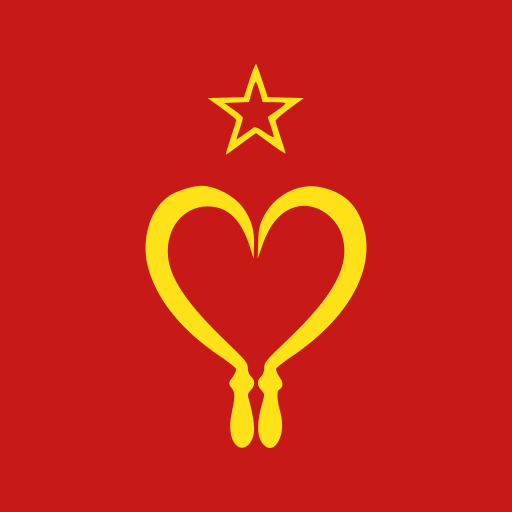I came across news that a startup I had never heard about failed and became insolvent. I went to its “About Us” page and there I see this:

And? Are you gonna do anything about that?
Is this a Canadian thing?
It’s bullshit wherever it happens.
It’s a fucked up way to acknowledge that wrongdoing was done, acknowledge the vast socio-economic privilege gained from it, disavow themselves of any of that wrongdoing (because only wealth is inherited, not responsibility or culpability for the deeds done to earn that wealth), and thus refuse to actually do anything practical about it.
We do the same in Australia. We even say it at the start of meetings sometimes.
“we acknowledge that we are sitting on stolen land … Anyways lets continue fracking!”
Aye, it can feel a bit strange. It can help to keep the fact of settlerism on the agenda, though. It is often merely a performance unfortunately.
Oh wow. That nice.
I kind of like land acknowledgments, because they raise the contradictions of colonialism. Landback is the goal, but I think acknowledgements are an essential stepping stone.
They are potentially completely useless, but do open up the opportunity to talk about colonialism if you have the knowledge, and pass a persuasion check.
I think they do more than just present an opportunity to talk - they present an opportunity for people to think about colonialism, when normally it flies under the radar completely. That’s important too. Though we definitely have to take advantage of the opportunity to push their thinking further, towards more radical directions like landback and indigenous liberation struggle.
It’s Canadian virtue signaling. At least in Vancouver basically every company does it at this point.
It’s called a land acknowledgement. I’ve only ever really seen land acknowledgements in the context of Canada, Australia, and Seppoland/USA. For instance the National Museum of Australia has a far less specific land acknowledgement that pops up the first time you visit their site.
The National Museum of Australia acknowledges First Australians and recognises their continuous connection to Country, community and culture.
It’s maybe a nice touch to black out the screen and make you sit through that statement, but it’s still a weird message, right? Like the National Museum of Australia has a physical presence, on the lands of the Ngunnawal people, so why not, like, acknowledge the Ngunnawal people specifically instead of just saying “First Australians”? And why stop at “acknowledging” and “recognizing a continuous connection”, what the heck’s that supposed to mean?
In any case, land acknowledgements (provided they’re written well) are by all means a good thing that you should do if you’re visiting or living in one of those regions, I’ve done land acknowledgements myself by signing my Hexbear comments for the duration of when I was in the Mdewakanton lands. The best land acknowledgements don’t mince words about the specifics of the history, including one’s own role in it, and will highlight a concrete plan and commitment towards realizing Native sovereignty.
Here’s Native Governance Center’s guide to land acknowledgements:
https://nativegov.org/resources/a-guide-to-indigenous-land-acknowledgment/
For that matter, here’s Native Governance Center’s own land acknowledgement statement for you to compare and contrast with the one written by that startup.
https://nativegov.org/about/our-land-acknowledgement-statement/
As I understand it, in fact, land acknowledgements as a practice started with Native people from different groups moving to or visiting each others’ lands, and it was only later when whites started doing the land acknowledgements, too. There is still some amount of disagreement about best practice when it comes to land acknowledgements, and how statements like that startup’s should be taken.
Edit: I guess I can mention one more land acknowledgement I’ve seen. When I was looking into Dakota language lessons in preparation for my visit to the Mdewakanton lands, I found a series of video lessons, each part opening with a ten second long silent black screen with the following text:
Reconciliation Regina Inc. is located on Treaty 4 lands. These are the traditional lands of the Nêhiyawak (Plains Cree), Nahkawininiwak (Saulteaux), Nakoda (Assiniboine), Dakota and Lakota (Sioux), and the homelands of the Métis Nation.
The best land acknowledgements […] will highlight a concrete plan and commitment towards realizing Native sovereignty.
Klanada does a lot of land acknowledgements these days but I can’t recall one where this part was included. Not surprising, unfortunately.
This is useless if these companies don’t also call for landback
It’s a thing in several countries with oppressed indigenous populations.









